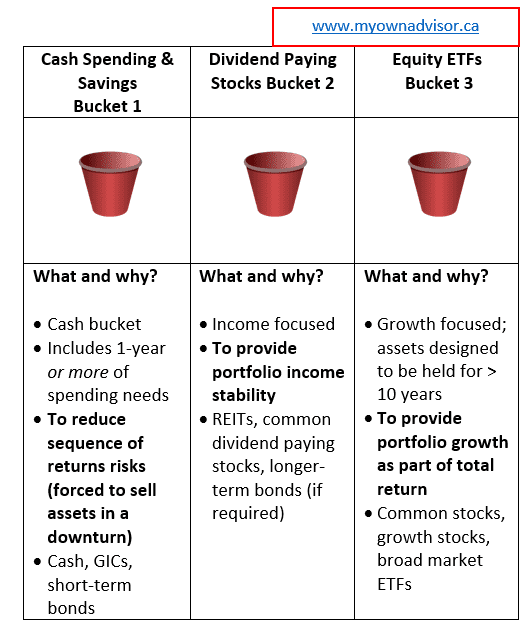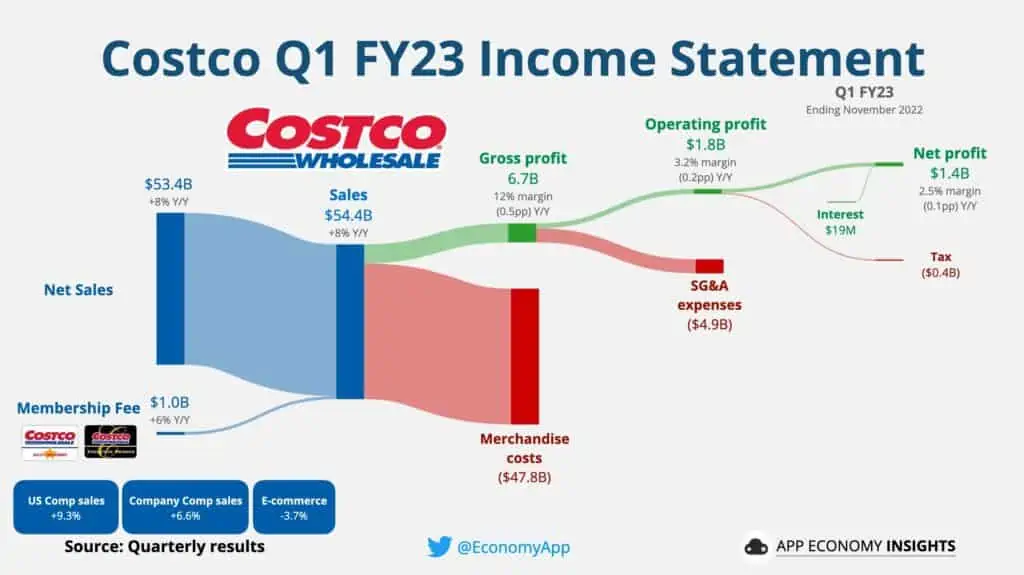Happy holidays everyone! Here at our household, we’re getting quite excited about celebrating Christmas.
Christmas happens to be Mrs. T and both kids’ favourite holiday. Given that I didn’t really grow up celebrating Christmas, I’m still learning about all the different Danish Christmas traditions. 🙂
I’m taking a couple of weeks off work and plan to take a small break from blogging as well.
With 2022 about to wrap up and a new year ahead of us, the talk of the town is a potential recession and the tumbling housing prices in Canada. According to a recent study, Canadian home prices fell 11.5% from the peak. The drop in Canadian home prices is largely driven by the higher interest rates.
In recent years, many Canadians have developed the expectation that “investing” in real estate is a guaranteed way to make money because the price will only go up. People were stretching their budgets when purchasing real estate because they convince themselves that the low rates will stay for A VERY long time (no danger stretching my budget here, they’d tell themselves).
With the rates going up, people are now paying more each month and many people now have to cut back on their monthly essential expenses like groceries, eating out, and clothing just to be able to pay their mortgages (or if you’re Finance Minister Chrystia Freeland, apparently cutting Disney+ is the solution).
What going to happen? Will we see something similar to the financial crisis with tons of Canadians losing their homes because they can’t pay their mortgages anymore? Or something completely different? I guess we’ll see how things unfold in the future. I really hope that many Canadians are already taking steps to tackle their debt and get their finances in order.
What’s going to happen with the stock market? Well, your guess is as good as mine. My best guess is that the stock market will remain quite volatile throughout 2023, just like this year.
Since we’re in the accumulating phase still, having a volatile stock market is just fine with us. A volatile market, or even a bear market, would allow us to buy stocks at a discount rather than a premium. We plan to continue with our investing strategy – keep our expenses low, save money, and invest money by buying dividend stocks and index ETFs.
But before investing every dollar you have saved, remember, it’s important not to invest with the money you need for the next one or two years. It makes sense to build up your cash reserves for big expenses and emergencies.
Good reads from the PF community
Here are some fantastic articles that I came across in recent weeks.
It’s hard to believe that Chrissy and her husband have been FIRE’d for a year. Chrissy held an AMA on her blog and answered questions about FIRE. There were lots of in-depth answers. You can read Part 1 here, and Part 2 here – “When M was working full time, and the kids were learning from home, we all had the same, consistent weekday routine: get up > start work/school/chores > eat lunch > more work/school/chores > dinner > free/family time > bed. I’d always pictured retirement looking largely like the above routine. However, that’s not how it’s played out! Gone is the consistent routine that worked for all of us. In its place are four different schedules, a lot of daily and weekly variance, and only the loosest of routines.“
Mark from My Own Advisor is getting closer and closer to reaching FIWOOT (Financial Independence Work On Terms) and wrote about the 5 Important factors to consider in your decision to retire – “The purpose of having buckets is simple but effective: this retirement bucket strategy is an investment approach that segregates your sources of cash or income into three buckets. Each of these buckets has a defined purpose based on what or when the money is for: now, (short-term), intermediate (near-term) or long-term (multi-year or decade).”

With a recession potentially on the horizon, Mr. Tako talked about Strategies for investing during a recession – “Another well-known strategy is owning so-called “recession resistant” stocks. This class of stocks typically provides many of life’s ‘necessities’ at the lowest possible cost. Food and household goods retailers like Walmart (WMT), Kroger (KR), or Costco (COST) are generally considered low-cost providers. This low-cost provider model helps make the company recession resistant during tough times. People may spend less, but they still have to eat and buy soap. It’s a safe bet that these stocks will do just fine during a recession.“
The recent Brookfield Asset Management split raised a lot of questions. Daniel put together a nice video about the split, the key differences between Brookfield Corporation and Brookfield Asset Management, and if you should buy more BN and BAM.
Retire Before Dad said It’s not about retirement anymore – “I said it’s not about retirement anymore, Dad. It’s about: being more available to my family focusing on meaningful work that I enjoy building on the nine years of effort I’ve put into my online writing business leveraging the saving and investing I’ve prioritized over the past two decades prioritizing good health I needed him to ask me that question because traditional retirement was a singular focus for a long time.“
I really enjoyed Mod’s piece on Quantifying your dream to make them happy – “Some goals might feel harder to quantify but if you get creative, there are many ways to find measurable ways to detail out your objectives. Want to have a less cluttered home? Start tracking how many items you give away and establish goals around that. Want to spend more time with friends? Keep a list of the number of times you are hanging out with them per month and define what would feel like a good number. Want to work less? Aim for a specific number of days off per month.“
J$ got his site Budgets Are Sexy back and he’s been pumping out great articles. One of my favourites in recent times is called 75+ things that I do that improve my life – “No phone in bed! No phone in front of other people. Wearing a watch so less times picking up the phone. Keeping phone notifications turned off. No working on the weekends. No working at night. Hitting inbox zero every day“
App Economy Insights have been generating some really awesome visuals to break down companies’ quarterly results. Here’s one from Costco. As you can see, most of Costco’s profits came from membership fees.

Happy holidays everyone!


Another great post. Thanks for sharing and love the PF community read. Merry Christmas to you and family and hope you are having a great holiday season.
Thanks Mr. Dreamer, enjoy the holidays.
I thoroughly enjoy your regular letters. Have a wonderful Christmas and joyful, prosperous New Year!
Thank you Marta.
‘Glaedelig Jul’ to you and yours!
High interest rates: As an ignorant 25-year old, I remember taking my first GIC and getting 12.5 % for it. Scared, I took it for only one year in case I would need the $!!!
Glaedelig Jul to you too Pierre.
It will be interesting to see what happens with the markets in 2023. Like you, I’m nervous for people who have too much debt, and/or a mortgage that is not a fixed rate. I think we are in for some rough waters ahead, but I’m like you too, as I’m continuing to stick to the plan of buying stocks and ETF’s throughout the months ahead. Happy Holidays, enjoy your blogging break!
I hope people will make an effort and reduce their debt level. The rising interest rates will cause havoc if you have too much debt.
When I first heard those words come out of our Finance Minister’s mouth, I had to google it, in case I had heard it incorrectly. The burdens the privilege suffer during hard times.
Happy Holidays to you and your family. And, THANK YOU. I look forward to reading your blog every Monday and have learned so much.
Cheers to health and prosperity in 2023.
Thank you so much for your kind words.